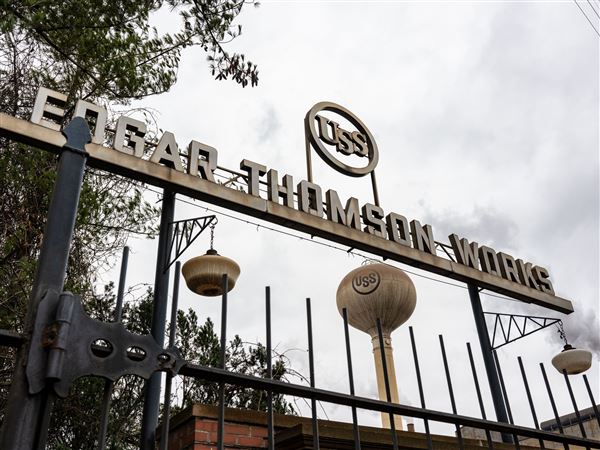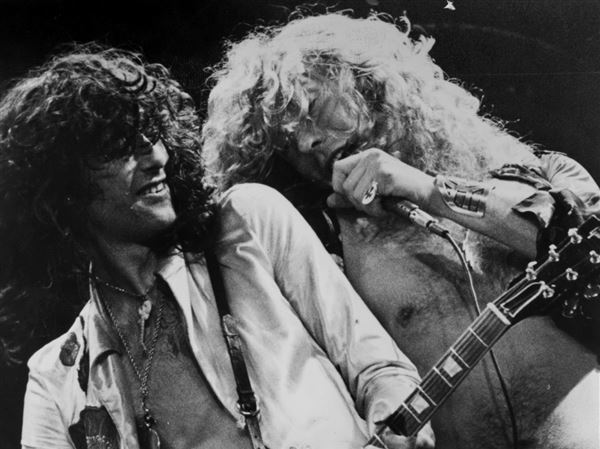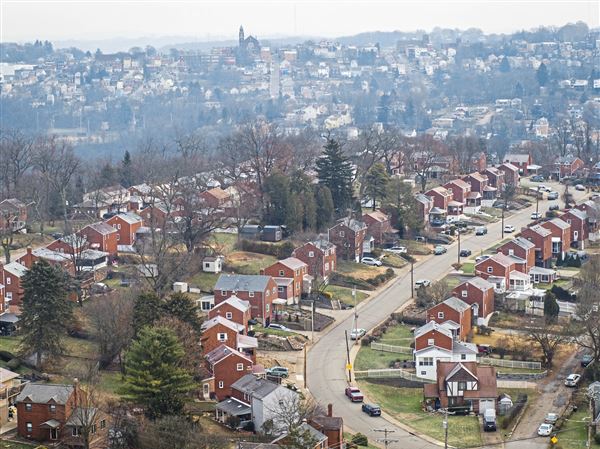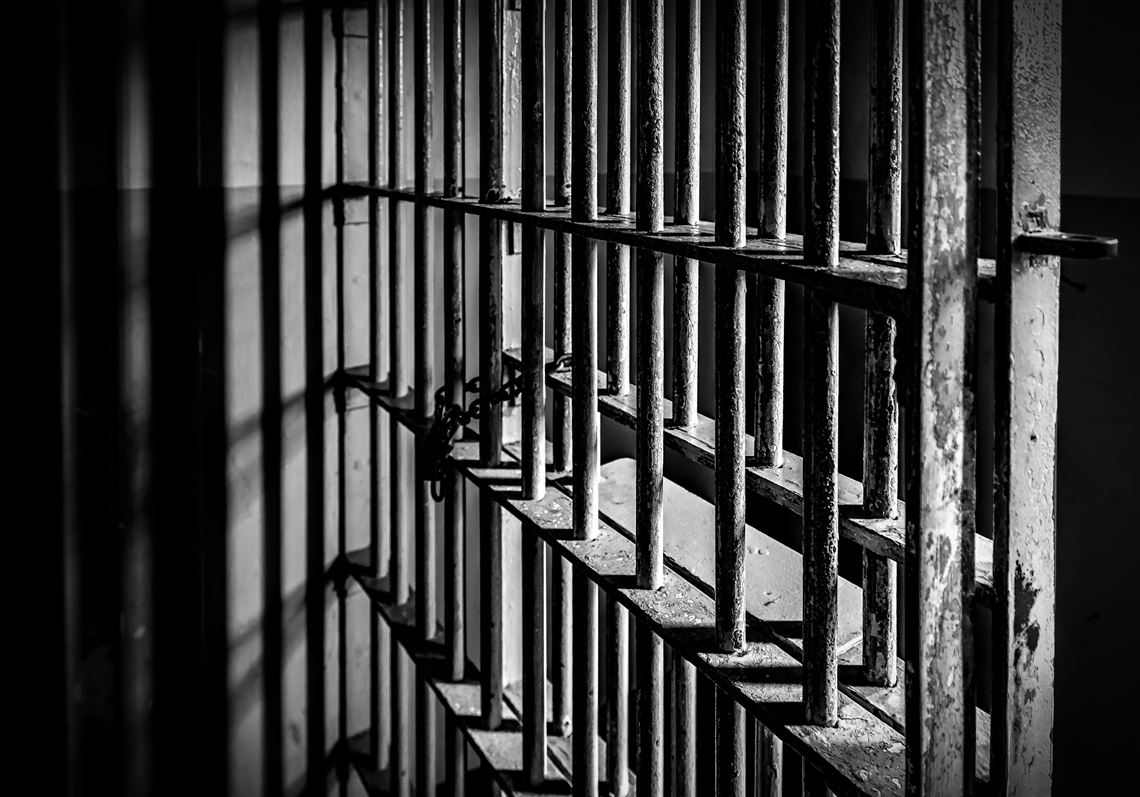States have begun releasing low-level offenders in an effort to reduce the risk of COVID-19 spreading. These moves have won both sympathy and opposition. But it is important to see how we got here.
We know jails and prisons are filthy, unsanitary places. These terrible conditions are usually tolerated. People who are in prison have done something bad. If incarceration carries with it the risk of illness, the reasoning goes, they shouldn’t have broken the law in the first place.
But the pandemic is revealing the problems with this argument. COVID-19 doesn’t stop at the prison gates. Prisoners aren’t the only people in prison. Guards and other staff work in prisons. At the end of the day, they go home to their families. They could spread the virus.
And most people in prisons and jails will be released. Very few are in prison for life. They too will go home. COVID-19, if they have it, will go home with them.
Now states are releasing prisoners to prevent a massive COVID-19 outbreak. Such an outbreak would tax already scarce health care resources and put those on the “outside” also at risk. We would have been in a better position to prevent an outbreak if we had some minimum standards of hygiene in our prisons and jails.
If we don’t buy that we owe prisoners these minimum standards as a matter of human decency and human dignity, we now have a new argument for those standards: our own self-interest.
CHAD FLANDERS
St. Louis, Mo.
The writer teaches criminal law and criminal procedure at Saint Louis University School of Law.
First Published: April 8, 2020, 4:00 a.m.















